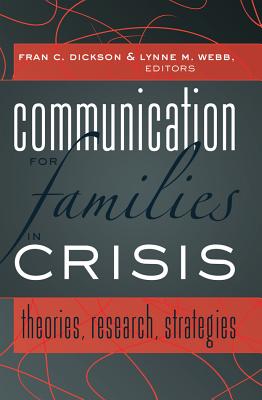| FindBook |
|
有 2 項符合
Lynne M. Webb的圖書 |
 |
$ 1514 電子書 | Computer-Mediated Communication in Personal Relationships
作者:Kevin B. Wright,Lynne M. Webb 出版社:Peter Lang Inc., International Academic Publishers 出版日期:2023-05-16 語言:英文 |
 |
$ 2889 ~ 9594 | Communication for Families in Crisis: Theories, Research, Strategies
作者:Dickson,Fran C.(EDT)/Webb,Lynne M.(EDT) 出版日期:2011-12-28  共 2 筆 → 查價格、看圖書介紹 共 2 筆 → 查價格、看圖書介紹
|
|
|
|








